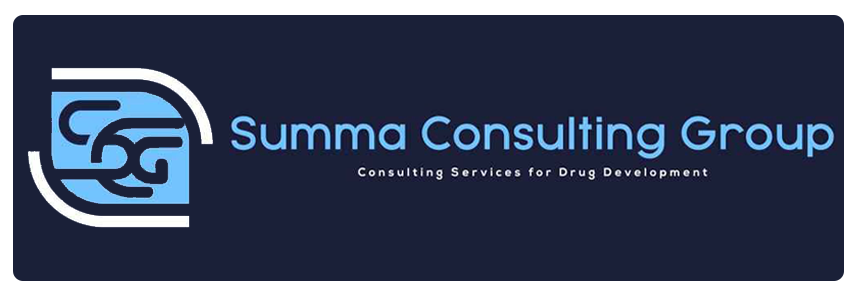- Latest Post -
“Navigating the Complexities of Immunotherapy Response: The Limitations of RECIST v1.1 and Emerging Solutions”
“Explore the unique challenges of evaluating immunotherapy responses with RECIST v1.1 and discover emerging criteria like irRC and iRECIST designed for more accurate assessments. Learn how these advancements are guiding effective treatment decisions in the era of immunotherapy.”
“The FDA Mandate for Diverse Patient Populations in Oncology Clinical Trials: A Necessity for Advancing Healthcare Equity”
Let’s discuss the FDA's new approach to including diverse patient populations in oncology clinical trials. It emphasizes the importance of diversity in research for developing effective cancer treatments, addressing health disparities, and advancing personalized medicine. The document highlights challenges such as overcoming mistrust and logistical barriers in underrepresented communities and underscores the FDA's commitment to healthcare equity.
“AI in Pharma and Biotech: Reshaping the Future of Medicine”
In the rapidly evolving landscape of pharmaceuticals and biotechnology, Artificial Intelligence (AI) emerges as a transformative force. From revolutionizing drug discovery to personalizing patient care, AI is not just a futuristic concept but a present reality. But with great power comes great responsibility. As we embrace AI's potential, navigating its ethical and privacy implications is paramount. This article delves into how AI is reshaping key aspects of the industry and underscores the importance of balancing innovation with ethical considerations.
Discover how AI accelerates drug discovery, tailors treatments in personalized medicine, enhances manufacturing precision, and redefines clinical trials. But beyond these advancements, we also explore the pressing need for robust data privacy measures, addressing algorithmic biases, and the importance of transparent AI systems in decision-making processes. The future of pharma and biotech is undeniably intertwined with AI – join us in exploring this exciting yet complex journey.
"Targeted Therapy Transformed: The Rise of ADCs in Modern Oncology"
In the ever-evolving landscape of cancer treatment, a new class of therapeutics is making waves: Antibody-Drug Conjugates (ADCs). These groundbreaking treatments represent a paradigm shift in oncology, offering targeted, effective, and less toxic options for patients.
At the heart of ADCs lies a novel approach that marries the precision of monoclonal antibodies with the potency of cytotoxic drugs. This synergy allows for direct delivery of chemotherapy to cancer cells, sparing healthy tissues and reducing side effects. The mechanism of action of ADCs is akin to a smart bomb in the battlefield of cancer therapy - honing in on cancer cells with remarkable accuracy.
The clinical advantages of ADCs are numerous. They offer enhanced efficacy at lower doses compared to conventional chemotherapy and present a new hope for patients with specific cancer types. Already, ADCs like Trastuzumab Emtansine (Kadcyla) for HER2-positive breast cancer and Brentuximab Vedotin (Adcetris) for Hodgkin lymphoma are changing lives.
However, the journey of ADCs is not without challenges. The quest for ideal target antigens, the development of stable linkers, and overcoming drug resistance are areas of active research. The future looks bright as innovations such as bispecific ADCs and probody-drug conjugates emerge, potentially expanding the use of ADCs to a wider array of cancers.
Join us as we explore the groundbreaking world of ADCs, their impact on cancer treatment, and the promise they hold for a future where cancer therapy is as precise as it is powerful.
Continue reading to dive into the details of this exciting development in cancer care...
“The Crucial Role of Consultants in Pharma and Biotech Industries”
Explore the pivotal role of consultants, in pharma and biotech sectors, essential for innovation and strategic growth in these dynamic industries.
“Effective Project Management Remains a Cornerstone of Successful Drug Development”
An Hour In The Conference Room Can Save A Month Toward Approval.
"Behind the Scenes of Medical Breakthroughs: The Intricacies of Clinical Studies"
Discover the intricate challenges in clinical studies, from ethical considerations to regulatory compliance, participant recruitment, data management, and more. Learn how researchers navigate these complexities to advance medical science and improve patient care.
“Are You Comfortable With The State of Your Clinical Trial SOPs?”
A Strong SOP Library Is Critical To Clinical Trial Success

















